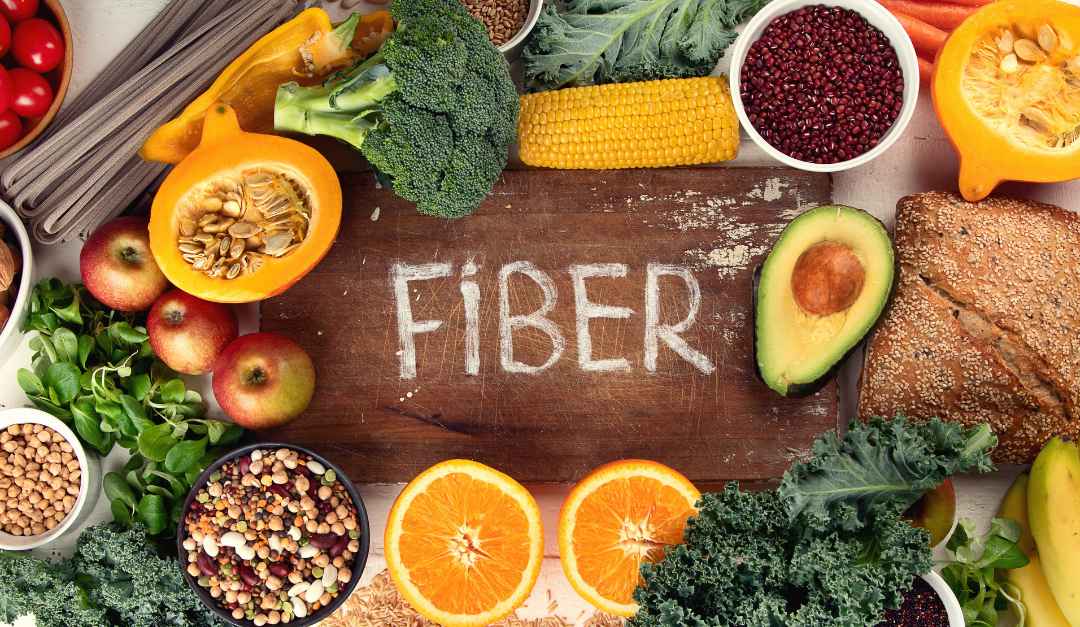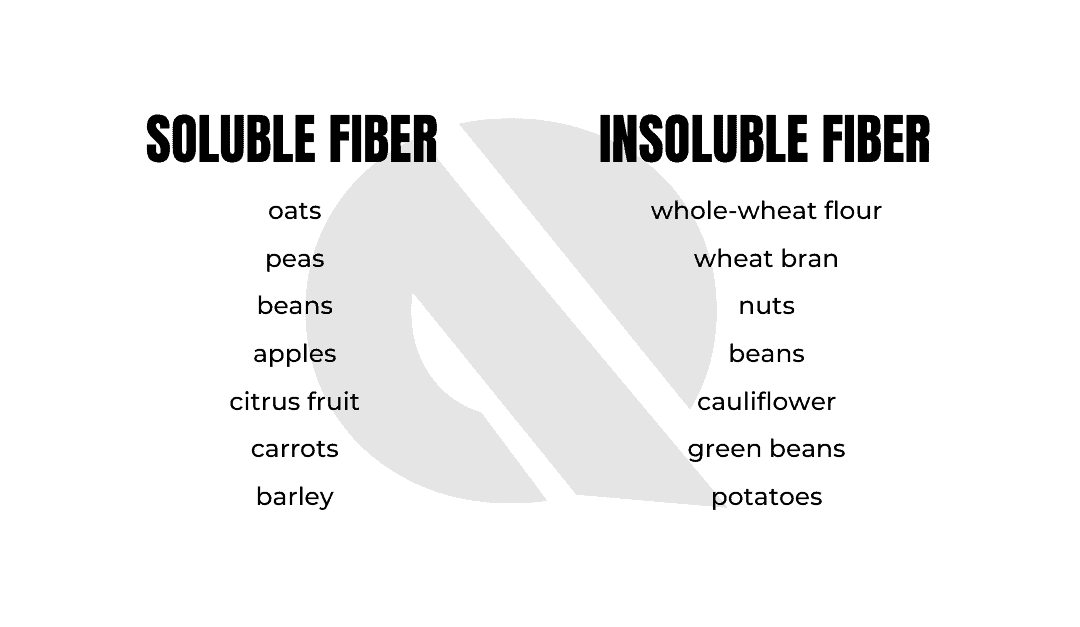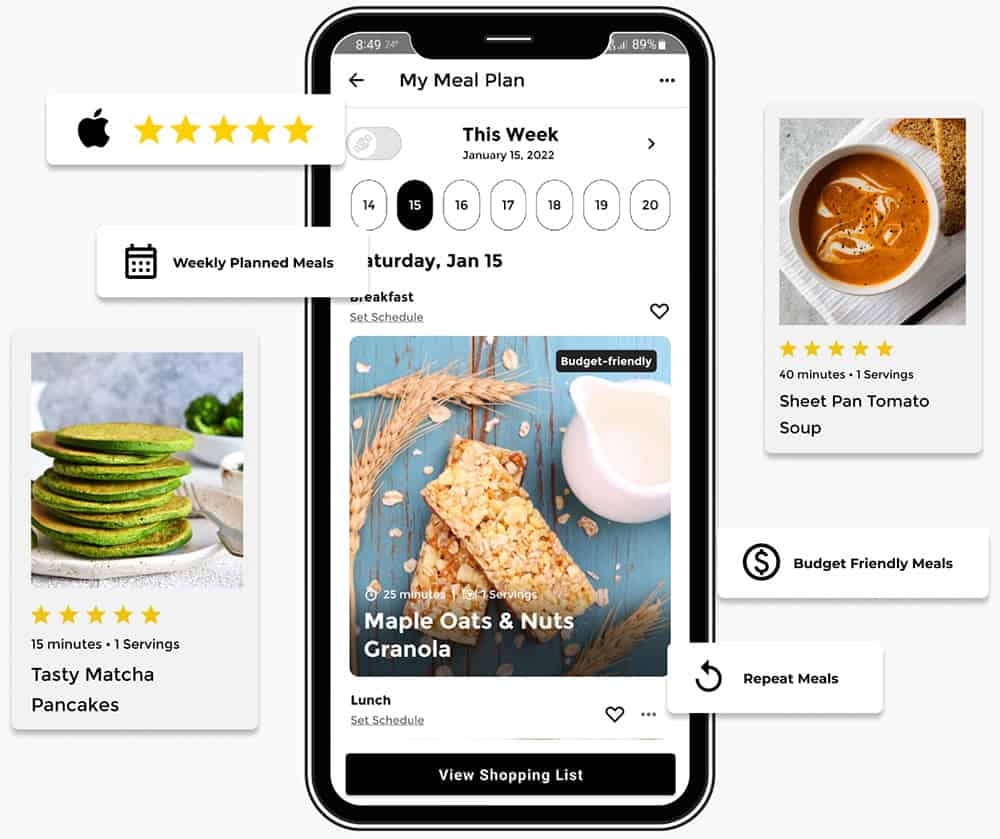When it comes to weight loss, we all tend to focus on just the macronutrients— carbs, protein, and fat. We think it’s just a matter of counting our calories, not really paying attention to the kind of food we eat under each macronutrient. While it’s true that calorie intake does play a huge part in any fitness journey, it’s not the only thing that matters because fiber does too!
Fiber is a type of carbohydrate, but unlike most carbs, you know, it doesn’t provide energy in the same manner as starch and sugar. In fact, what fiber does is slow down the release of sugar into your bloodstream.
Studies have also claimed that increasing your fiber intake to 30 grams each day can help you lose weight! This is because fiber also takes a while to digest, so you feel fuller for longer. If you haven’t been consciously monitoring your fiber intake, here’s why you need to start doing it now!
Fiber does wonders for your nutrition

Every healthy and balanced diet needs high fiber foods because it helps you lose weight, lower blood pressure and cholesterol levels, and improve your body’s insulin response. It also aids in preventing constipation and risks of heart diseases and type 2 diabetes.
While fiber has many benefits, its main role in your body is to clean your gut and keep your digestive system healthy and happy. Now that you know why you need more of it let’s talk about the two kinds of fibers and what they do!
Soluble and insoluble fiber have different benefits

Think of insoluble fiber as a broom that cleans your digestive tract. This type of fiber attracts water into your stool to make it softer, making it easier to pass along your bowel. Basically, if you eat enough insoluble fiber, you can say goodbye to constipation!
If the insoluble fiber is the broom, soluble fiber is like a sponge that absorbs water in your intestines, mixes the food into a gel, and binds bad cholesterol, so it doesn’t get absorbed into your body. It also slows down the absorption of glucose in your bloodstream.
Here is a chart of high-fiber fruits and vegetables that you can eat!
The takeaway
Include fiber in every meal to improve your digestion and increase insulin sensitivity, among many other things. But make sure you don’t overdo it because too much fiber can cause bloating, gas and constipation. The rule of thumb is to have 25-30g per day!
Make your health journey easier, enjoyable, and convenient by registering with DishQuo now. We have an app that will customize your meal plans according to your goals, give you access to over 450+ insulin science-based recipes, auto-generation of grocery lists with an easy add-to-cart feature, and delivery services. Pre-register now and Take the Leap.








0 Comments